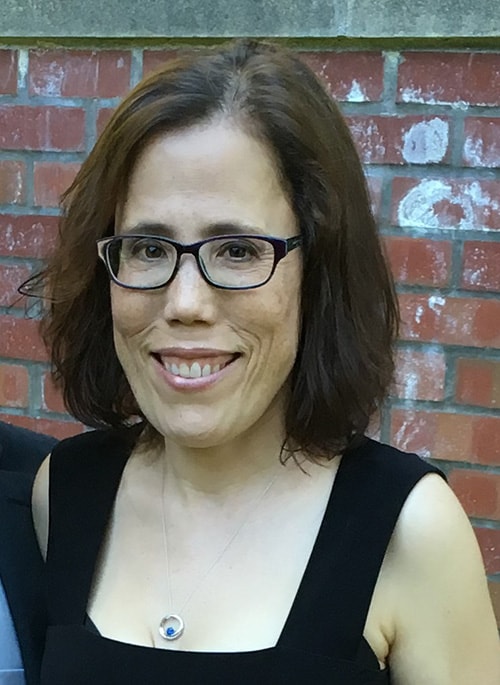Thalassemia Awareness

Did you know that beta thalassemia major is the most severe form of thalassemia? By staying committed to long-term treatment, people with thalassemia can enjoy a full life.
Thalassemia is a group of blood disorders passed from parents to children through genes (inherited). A person who has thalassemia makes fewer healthy red blood cells. Their red blood cells do not produce enough hemoglobin, the protein that carries oxygen throughout the body. People with severe thalassemia can have various medical complications. They might also require lifelong blood transfusions (a routine medical procedure using donated blood) for treatment. Beta thalassemia major is one of the transfusion-dependent forms of thalassemia.
Living with Thalassemia
Specialized care across the lifespan can help people who have thalassemia live as healthy as possible. Thalassemia is a treatable disorder that can be well-managed with blood transfusions and chelation therapy. A person with thalassemia will need to receive medical care on a regular basis from a hematologist (a medical specialist who treats diseases or disorders of the blood). If a doctor has prescribed either blood transfusions or chelation therapy, the most important thing a person with thalassemia can do is stick to their treatment schedules to prevent severe anemia (low numbers of red blood cells) and possible organ damage from iron overload.

Laurice Levine
Personal Story
“I used to see thalassemia as a weakness; now, I see it as a strength—the foundation of why I am so strong and resilient and persevere through life’s many challenges.”
These are words spoken by Laurice Levine, a woman born with beta thalassemia major.
CDC’s Work
Highlights of CDC’s National Center on Birth Defects and Developmental Disabilities work in thalassemia includes:
Transfusion Complications Monitoring for People with Blood Disorders
CDC funded and collaborated with programs at three universities— Georgia State University Research Foundation, Inc., the Joan & Sanford I. Weill Medical College of Cornell University, and the Regents of the University of California San Francisco—to develop resources for healthcare providers, blood banks, and people with thalassemia and their families.
Newborn Screening and Genetics
CDC funds the Association of Public Health Laboratories (APHL) to provide assistance to laboratories that perform hemoglobinopathy (thalassemia or sickle cell disease) screening. Screening refers to laboratory tests to look for a disease before it is noticeable. APHL helps laboratories assess their current screening activities and to develop educational materials for patients, caregivers, and healthcare workers on hemoglobinopathy screening programs.
Health Promotion
To better understand the challenges of keeping up with thalassemia treatment, CDC funds the Cooley’s Anemia Foundation (CAF) to continue providing outreach to people who have thalassemia. CAF reaches out to people who have thalassemia in order to connect them with information and services that will help with managing thalassemia. As a part of its funding, CAF has also developed training for healthcare providers. Learn more about the Virtual Thalassemia Grand Rounds.
